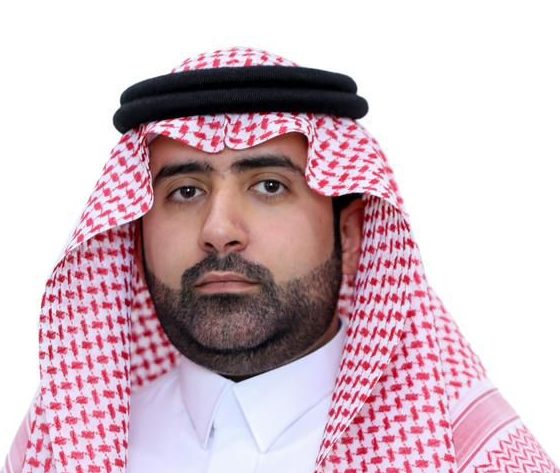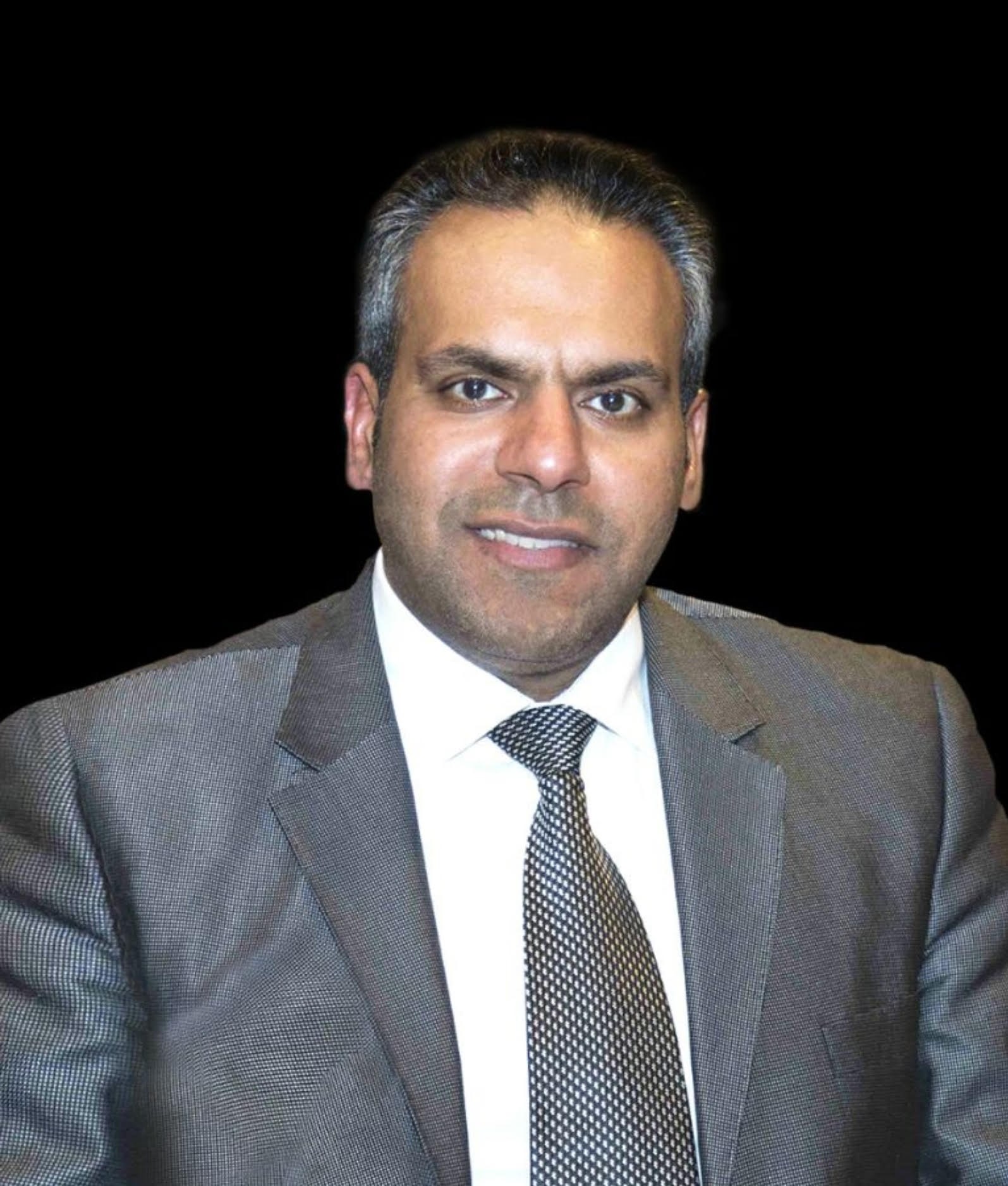© 2020 All rights reserved to Maaal Newspaper
Publisher: Maaal International Media Company
License: 465734
SAB to (Maaal): our mortgage loan rate is 14% during Q1
By Fahd Al-Talal & Ahmed Al-Jahni
Tony Cripps, CEO of Saudi Alawwal Bank, told the newspaper (Maaal) that 14% of the loans on the balance sheet are allocated to real estate loans to individuals, which grew strongly last year and this year.
Cripps added, in an exclusive interview with Maaal newspaper on the sidelines of Great Future Forum, that mortgage growth in the first quarter was 30% higher than the previous year, 2023, and this very strong demand is consistent with the continued construction of new housing, and the growth in the population of Riyadh. In particular, to comply with the ambitious goals of reaching 70% home ownership for individuals.
Regarding the size of the real estate financing portfolio and the growth rate at Alawwal Bank, Krebs said: We have always been a largely institutional and institutional bank, with the corporate share of 75% of our business and 25% for individuals. This is the mix of our banking business and about half of our loans in the retail field are loans. Real estate, and approximately 14% of the balance sheet loans are allocated to real estate loans to individuals.
On his vision for the Saudi banking sector, Cripps stressed that the financial sector in the Kingdom of Saudi Arabia has a strong economy and a very clear vision of the sectors that are being focused on.
He added: “for us at Alawwal Bank, supporting lending in the corporate market basically begins with the mega projects that are driving a lot of momentum, as well as supporting the housing sector, which is part of the vision, and then all the new industries that have started in the various sectors identified by the government”.
Cripps continued: “We are very excited about these opportunities, whether they are in the field of tourism or in the field of manufacturing, so we are confident of the momentum that we have witnessed over the past two or three years in the growth of lending in both the retail and corporate sectors and the momentum in the economy, in the non-oil economy in particular, especially, as we are seeing very supportive growth for the finance sector”.
Regarding his expectations for the real estate and housing finance sector during the next five years, Cripps said: “Home ownership is currently about 62% by individuals, and the goal is 70%. So we can expect continued growth and announcements regarding the goal of Riyadh’s population reaching 10 million, meaning more homes must be built, and mortgages must be strong”.
Regarding the pressures facing the banking sector as a result of high interest rates, Cripps said: Of course, if interest rates continue to rise, they will put constant pressure on the banking sector, but so far there has been no impact, and the non-oil sector is still growing strongly and the demand for housing is still very strong. Corporate demand remains strong as well, so, for now at least, people can stomach higher interest rates. I think there is an expectation that interest rates will go down later in the year, so most people remain confident in that idea.
Moreover, regarding levels of liquidity in the Saudi banking sector, if they are good, Krebs said, “At the present time, liquidity is good in the banking system. The central bank is doing a very good job of managing liquidity, and the government is doing a good job of recycling the money supply, so it is not a problem in the short term.”
Cripps added: In the short and long term, there is a diversification strategy around financing that will help raise liquidity, which includes the asset management industry, foreign direct investment and capital markets, and benefiting in particular from the US dollar market abroad and urging foreign investors to lend, so it is part of that long-term strategy.
Related






